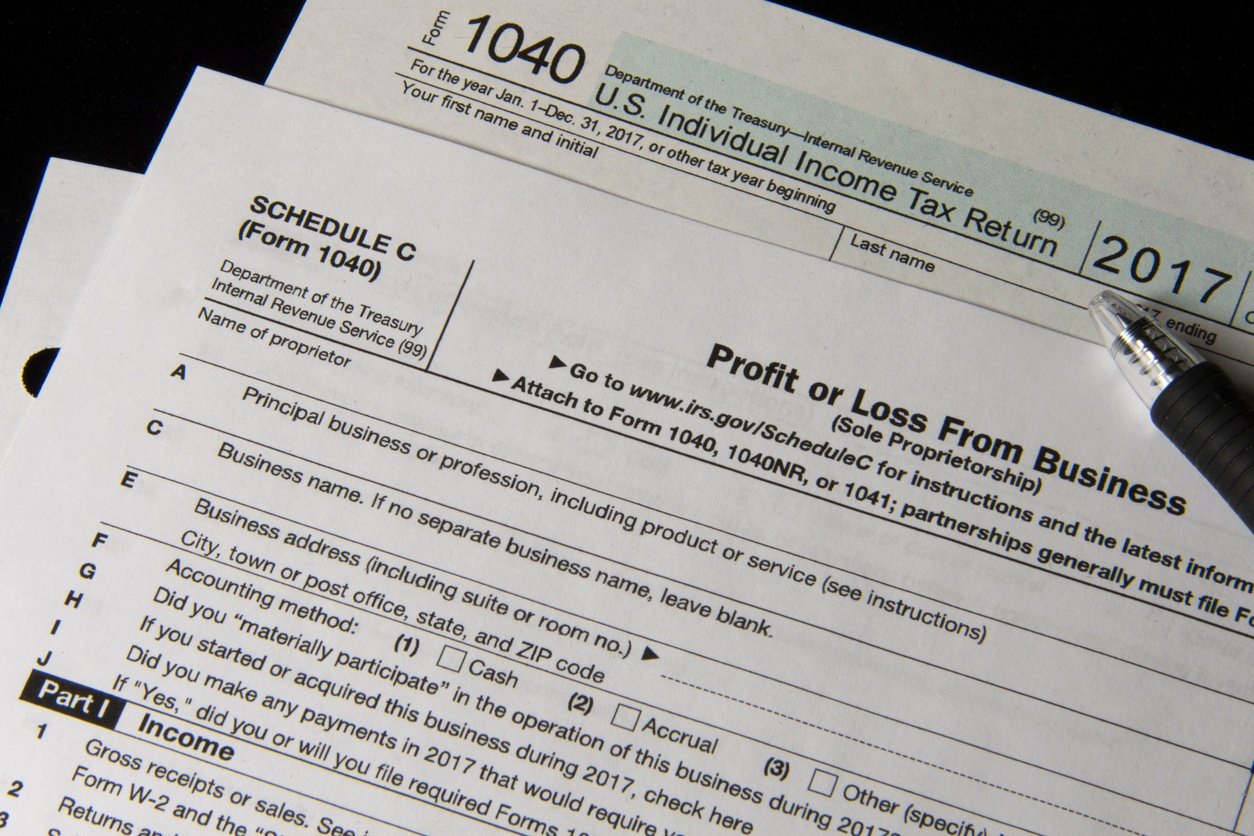Your clients count on you to handle their tax issues, and you’ve earned that trust through transparency, customer service, and demonstrating your expertise. When preparing a client’s tax return, you must exercise due diligence and good faith, all while staying up-to-date on all IRS policies and guidelines. If you do not follow the IRS rules for preparing returns, you could be liable for penalties and fines. Such mistakes could be devastating for you, both personally and professionally.
Definition of tax preparer
Any individual who prepares a tax return or refund claim for monetary compensation is a tax preparer. As either a signing or non-signing preparer, they can be held liable for any errors and responsible for any penalties from the IRS. This can include enrolled agents, CPAs, tax attorneys, appraisers, and any other licensed professional.
A tax return preparer can also be someone who is not licensed or enrolled, who takes compensation in return for the work. Both types of tax preparers are liable for any errors or mistakes they make, either intentionally or unintentionally. Not only that, the tax firm that the preparer works for can also be held liable for monetary and non-monetary penalties.
Making mistakes is all too common when it comes to preparing tax returns. To help you avoid some of the more common mistakes that tax preparers make as they prepare their client’s tax returns, check out this list of IRS preparer penalties.
IRC § 6694 – Understatement of taxpayer’s liability by tax return preparer
IRC § 6694(a) – Understatement due to unreasonable positions. The penalty is the greater of $1,000 or 50% of the income derived by the tax return preparer with respect to the return or claim for refund.
IRC § 6694(b) – Understatement due to willful or reckless conduct. The penalty is the greater of $5,000 or 50% of the income derived by the tax return preparer with respect to the return or claim for refund.
IRC § 6695 – Other assessable penalties with respect to the preparation of tax returns for other persons
IRC § 6695(a) – Failure to furnish copy to taxpayer. The penalty is $50 for each failure to comply with IRC § 6107 regarding furnishing a copy of a return or claim to a taxpayer. The maximum penalty imposed on any tax return preparer shall not exceed $25,500 in a calendar year.
IRC § 6695(b) – Failure to sign return. The penalty is $50 for each failure to sign a return or claim for refund as required by regulations. The maximum penalty imposed on any tax return preparer shall not exceed $25,500 in a calendar year.
IRC § 6695(c) – Failure to furnish identifying number. The penalty is $50 for each failure to comply with IRC § 6109(a)(4) regarding furnishing an identifying number on a return or claim. The maximum penalty imposed on any tax return preparer shall not exceed $25,500 in a calendar year.
IRC § 6695(d) – Failure to retain copy or list. The penalty is $50 for each failure to comply with IRC § 6107(b) regarding retaining a copy or list of a return or claim. The maximum penalty imposed on any tax return preparer shall not exceed $25,500 in a return period.
IRC § 6695(e) – Failure to file correct information returns. The penalty is $50 for each failure to comply with IRC § 6060. The maximum penalty imposed on any tax return preparer shall not exceed $25,500 in a return period.
IRC § 6695(f) – Negotiation of check. The penalty is $600 for a tax return preparer who endorses or negotiates any check made in respect of taxes imposed by Title 26 which is issued to a taxpayer.
IRC § 6695(g) – Failure to be diligent in determining eligibility for earned income credit. The penalty is $600 for each failure to comply with the EIC due diligence requirements imposed in regulations.
IRC § 6700 – Promoting abusive tax shelters
The penalty is for a promoter of an abusive tax shelter and is generally equal to $1,000 for each organization or sale of an abusive plan or arrangement (or, if lesser, 100% of the income derived from the activity).
IRC § 6701 – Penalties for aiding and abetting understatement of tax liability
The penalty is $1,000 ($10,000 if the conduct relates to a corporation’s tax return) for aiding and abetting in an understatement of a tax liability. Any person subject to the penalty shall be penalized only once for documents relating to the same taxpayer for a single tax period or event.
IRC § 6713 – Disclosure or use of information by preparers of returns
The penalty is $250 for each unauthorized disclosure or use of information furnished for, or in connection with, the preparation of a return. The maximum penalty on any person shall not exceed $10,000 in a calendar year.
IRC § 7206 – Fraud and false statements
Guilty of a felony and, upon conviction, a fine of not more than $100,000 ($500,000 in the case of a corporation), imprisonment of not more than three years, or both (together with the costs of prosecution).
IRC § 7207 – Fraudulent returns, statements, or other documents
Guilty of a misdemeanor and, upon conviction, a fine of not more than $10,000 ($50,000 in the case of a corporation), imprisonment of not more than one year, or both.
IRC § 7216 – Disclosure or use of information by preparers of returns
Guilty of a misdemeanor for knowingly or recklessly disclosing information furnished in connection with a tax return or using such information for any purpose other than preparing or assisting in the preparation of such return. Upon conviction, a fine of not more than $1,000, imprisonment for not more than 1 year, or both (together with the costs of prosecution).
IRC § 7407 – Action to enjoin tax return preparers
A federal district court may enjoin a tax return preparer from engaging in certain proscribed conduct, or in extreme cases, from continuing to act as a tax return preparer altogether.
IRC § 7408 – Action to enjoin specified conduct related to tax shelters and reportable transactions
A federal district court may enjoin a person from engaging in certain proscribed conduct (including any action, or failure to take action, which is in violation of Circular 230).
The IRS provides a Preparer Hotline (866-860-4259) to assist preparers with account-related issues and tax law questions. The hotline is staffed by IRS customer service representatives who are trained to help with your questions. Do not risk triggering any of the above penalties! If the IRS does find that penalties apply, you have 30 days to request an appeal before the penalty is assessed. If you believe there may be an issue, contact the IRS for further guidance on how to proceed with the returns.
Interested in checking out more quick IRS guides? You can find a guide for IRS notices here.

Chris is a content manager for Canopy, joining the team with a combined eight years of experience as a copywriter, editor-in-chief, and content marketer. He's a skilled wordsmith and strategic thinker who shapes brand identity through compelling content and fosters a collaborative and innovative environment. With a passion for storytelling and a dedication to excellence, he is a driving force behind any company's success in content marketing. Champion of the Oxford comma.
READ MORE BY Chris






Get Our Latest Updates and News by Subscribing.
Join our email list for offers, and industry leading articles and content.